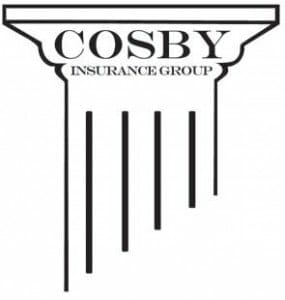As part of the health care reform law, beginning in 2015, certain employers with 50 or more “full-time equivalent” employees (FTEs) who do not provide affordable health care coverage may be assessed a penalty if at least one full-time employee qualifies for a premium tax credit and uses it to purchase coverage in the health insurance exchange. Additionally, the law requires employers to provide prescribed health coverage while, at the same time, penalizing some employers who may fail to offer what is defined by the law as “affordable” coverage.
The employer mandate provides two deterrents for business growth. First, the employer mandate discourages small businesses from hiring additional employees because only businesses with 50 or more FTEs may be penalized for not offering the prescribed coverage. Second, the employer mandate penalty, once triggered, is calculated based on the number of full-time employees.
Further, for the first time, this new law defines a full-time employee as someone who works 30 hours per week, averaged over the course of a month, rather than the traditional definition of 40 hours per week.
Employers want to offer health insurance to their employees and want to continue to grow and create jobs. However, the employer mandate threatens to penalize businesses for failing to offer affordable coverage, when—more than ever—people need jobs and employers need help growing and should be encouraged to hire more employees. This law does the opposite at a dangerous time.
Read the full article here.
Contact Steven Cosby with questions or to request more information and to schedule a healthcare plan evaluation, savings analysis or group plan solution for your company.
[contact-form subject=’Website inquiry’][contact-field label=’Name’ type=’name’ required=’1’/][contact-field label=’Email’ type=’email’ required=’1’/][contact-field label=’Company Name’ type=’text’ required=’1’/][contact-field label=’Comment’ type=’textarea’ required=’1’/][/contact-form]


